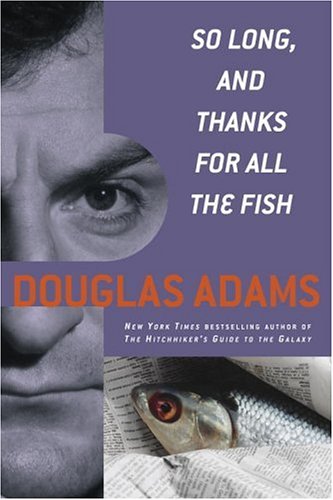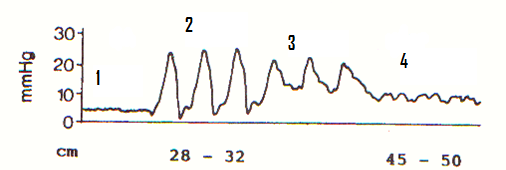mycrofft
Still crazy but elsewhere
- 11,322
- 49
- 48
^ could you be more specific? :blink:
I will take a stab...
The more alkaline the blood pH is there is a greater affinity for TCA to bind to protein therefore reducing serum levels. Also the increase in pH causes unbinding of TCA from Sodium Chanel Receptors (which is what is causing most of the problems). There may be a few other mechanisms I can't think remember.
Compare and contrast the mechanisms that cause hypotension in Septic, Neurgoenic, and Cardiogenic Shock.
Define the Universe. Give three examples.
Ready?
GO!


